Recent innovations in mycelium technology are taking sustainability to the next level. Mycelium is a network of tiny threads that grow underground is being used to create eco-friendly building materials, biodegradable packaging, and even textile manufacturing.
Advances in mycelium-based products have made it possible for us to replace synthetic materials with natural ones that can be composted without harming the environment. Mycelium technology has revolutionized sustainability by offering environmentally friendly alternatives while reducing our ecological footprint.
Industries across the globe are beginning to embrace this eco-friendly solution. Do you want to know more about what this amazing biodegradable material has to offer?
Let’s jump in!
What Is Mycelium? (And How Does It Promote Sustainability?)
Mycelium is the vegetative portion of a fungus and is made up of a multitude of branching, thread-like structures known as hyphae. The hyphae build an extensive network that can cover a huge area as they develop underground or within the substrate that the fungus feeds on. In order to distribute nutrients throughout the fungus, the mycelium must first take up nutrients from the surrounding environment.
By dissolving organic materials and recycling nutrients, mycelium plays a crucial part in many ecosystems. In addition, it develops symbiotic connections with other animals, plants, and microbes, such as mycorrhizal associations, which benefit the host plant’s growth and health. Moreover, mycelium is employed in a number of processes that result in the creation of goods that decompose naturally, including food, pharmaceuticals, and packaging.
Mycelium: Quick Facts
- Mycelium composites created by growing mycelium on agricultural waste can produce low-cost and greener building materials.
- Mycelium-based building materials are 100% natural and biodegradable, making them a revolutionary invention for sustainability.
- Mycelium-based composites have the potential to meet people’s needs without leading to environmental pollution or waste generation.
- Mycelium materials produce no waste or pollution and require just a small fraction of the water, land, and resources required to raise animals.
- Mycelium-derived food and beverage products offer numerous sustainability benefits.
- Recent innovations have been using mycelium’s power to address plastic pollution, greenhouse gas emissions, and environmental issues.
- Ecovative Design is a biotech company that focuses on using mycelium to build materials through a process that mimics nature.
- Mycelium technology can replace synthetic packaging with environmentally friendly alternatives.
- Mycelium-based products have the potential to reduce plastic waste and cut carbon emissions.
- Using mycelium-based materials could help create a more sustainable future for our planet.
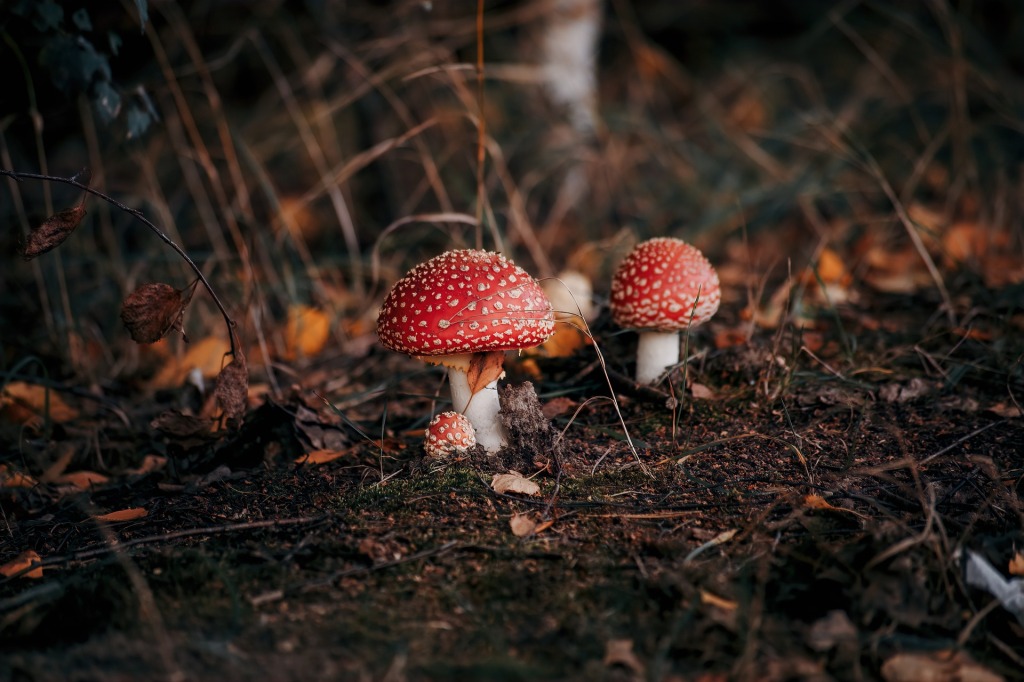
Advances in Mycelium Technology
Mycelium technology has given rise to a new generation of sustainable materials that promise to revolutionize industries on a global level. With agricultural waste as its primary raw material, mycelium composites can create low-cost and green products that are 100% natural and biodegradable.
As the demand for sustainability grows among consumers worldwide, startups innovating in this field could be well positioned to meet it head-on by offering unique solutions capable of reducing environmental pollution and improving living standards by providing better quality products at lower costs.
Here are a few ways Mycelium is impacting the world.
Mycelium Biodegradable Packaging
Mycelium is quickly transforming the packaging industry by providing sustainable alternatives to synthetic materials. Packaging made from mushroom mycelium offers an eco-friendly option that decomposes within weeks of disposal, reducing instances of plastic pollution in oceans and landfills.
MycoComposite technology has led to developments such as mushroom packaging material produced using agricultural waste, which dramatically cuts down on manufacturing costs and promotes environmentally conscious business practices.
In addition to being biodegradable, mycelium-based products are also renewable and can be grown in large quantities with minimal environmental impact. Many startups are exploring innovative ways to use fungi strains for packaging applications that replace traditional materials like styrofoam or plastic.
Sustainable packaging options like this have the potential to reduce our reliance on single-use plastics while cautiously advancing toward a circular economy model that prioritizes waste reduction and compostable resources.
Textile Manufacturing
Mycelium technology has revolutionized the textile manufacturing industry, offering sustainable alternatives to traditional fabrics. By using mushroom mycelium, eco-friendly fibers that are biodegradable and compostable can be produced.
These innovative building materials provide a greener solution to synthetic fabrics and reduce the ecological footprint of textile production.
One example of mycelium-based textiles comes from MycoTEX, a startup based in the Netherlands that uses mycelial fibers for creating sustainable fashion. These biotech companies use fungi strains to grow living organisms into a root structure that produces fabric-like textures and structures without synthetic materials or waste.
This technique creates an environmentally friendly alternative to current methods, reducing pollution while making natural solutions more accessible for consumers.”
Water Filtration Systems
Mycelium can potentially revolutionize water filtration systems, offering a natural and sustainable alternative. The root structure of mycelium is excellent at capturing contaminants in water, making it an effective filter. Some startups are utilizing this technology to create tiles made from mycelium that can purify wastewater and provide insulation.
Using mycelium in water filtration systems could have significant benefits for both human health and the environment. With traditional filters requiring chemicals or energy-intensive processes, mycelium offers a low-cost solution that requires no additional inputs besides allowing mushroom roots to grow on natural substrates. It’s just one more reason why innovations like these will continue to make a difference in our fight against environmental degradation and pollution of all kinds.
Potential for Sustainable Food Production
Mycelium technology offers interesting possibilities for sustainable food production. Researchers are exploring how mycelium-based products could help address the growing global demand for protein while reducing environmental impact. Mycelium cultivation can be used to grow meat substitutes, such as plant-based burgers or “clean” meat alternatives that could replace traditional animal farming and reduce greenhouse gas emissions.
Moreover, mycelium can also be used to develop a range of food products, including gluten-free bread and pasta, high-protein snacks, or fermented beverages. These foods have the potential to be more nutritious and flavorful than conventional options due to their natural compounds, which provide antioxidative and antimicrobial properties.
By using agricultural waste as a substrate for mycelial growth instead of crops produced specifically for human consumption, this application provides an opportunity to reduce pressure on natural resources like water, land, and energy inputs in agriculture. Overall, these innovations in mycelium technology offer exciting opportunities for sustainable food systems that benefit both people’s health and the planet’s well-being.

Innovations In Mycelium Technology
Innovations in mycelium technology include mycelium-based leather alternatives, compostable furniture, and construction materials made from agricultural waste. Want to learn more about how these innovations are improving sustainability?
Mycelium-Based Leather Alternatives
Mycelium-based leather alternatives are a promising innovation in the world of sustainable fashion. Unlike traditional leather production, which uses harmful chemicals and creates pollution, mycelium-based leather is created by growing mushroom mycelium on agricultural waste. This process results in a biodegradable and environmentally friendly material that looks and feels like traditional leather.
In addition to its eco-friendliness, mycelium-based leather also offers several benefits over animal-derived materials. It can be produced quickly and efficiently without the need for land or water resources needed for raising animals.
Mycelial fibers can also be engineered to achieve different textures and colors with less environmental impact than dyeing animal hides. With further advancements in research, it’s possible that this innovation could become the norm in the sustainable fashion industry soon.
Mycelium-Based Construction Materials
Mycelium-based construction materials have emerged as an innovative way to create sustainable building products. Biotech startups are developing affordable and eco-friendly alternatives to traditional concrete and plastic materials by combining mycelial fibers with agricultural waste. These composites offer improved thermal insulation, fire resistance, and biodegradability.
Furthermore, these materials can be molded into various shapes and sizes using minimal resources like water or energy. Some companies are even experimenting with producing entire structures from mycelium composites, paving the way for a carbon-negative building industry that uses locally-sourced natural materials instead of synthetic ones.
With such advancements, it’s exciting to see how a simple fungus may hold the key to revolutionizing the current environment while promoting sustainability at scale!
Compostable Furniture
Furniture made from mycelium-based composites is not only eco-friendly but also compostable. Compostable furniture can be designed in various shapes and styles, like traditional wooden or plastic furniture. Moreover, it’s lightweight and durable, making it an excellent choice for outdoor use.
This kind of eco-friendly furniture has attracted startups who focus on using sustainable alternatives for conventional building materials. Using mycelium in this way promises to help create greener cities that reduce carbon emissions by replacing synthetic alternatives with more environmentally friendly options with little-to-no negative impact on the planet.
Benefits of Mycelium Technology for Sustainability
Mycelium technology offers various benefits for sustainability, including a reduced environmental impact, cost-effectiveness, advancements in research and development, and potential for widespread adoption.
Here are a few of the more exciting benefits of turning toward advancements in Mycelium technology.
Reduced Environmental Impact
Mycelium technology has the potential to reduce environmental impact significantly. It offers an alternative solution to traditional materials that are harmful and unsustainable. By using agricultural waste as a substrate, mycelium-based composites can be produced with a minimal ecological footprint.
Not only are these materials biodegradable and renewable, but they also require significantly fewer resources than their conventional counterparts. This translates to lower greenhouse gas emissions, reduced water consumption, and less land use. Mycelium-based products could potentially help us move towards a circular economy where waste is minimized, and natural systems are restored.
Overall, integrating mycelium technology into various industries offers a promising way forward for sustainability efforts. As research continues in this field and more startups emerge with innovative products made from mycelium-based composites, we may see significant progress toward reducing our overall environmental impact while still meeting our societal needs.
Cost-Effectiveness
Mycelium technology offers a cost-effective alternative to traditional building materials. By using agricultural waste as the substrate for mycelium growth, companies can create low-cost and sustainable composites that rival the durability and strength of conventional building materials.
Moreover, mycelium-based products require significantly less water, energy, and resources than their counterparts. The reduced production costs translate into more affordable eco-friendly options for consumers seeking environmentally friendly alternatives without compromising quality or performance.
The potential cost savings are not just limited to building materials. Mycelium-derived textiles offer an economical solution in fashion and textile manufacturing, where sustainability is becoming increasingly important.
In addition to being biodegradable, they also reduce environmental impact while saving on material costs compared to conventional textiles made from non-renewable sources or synthetic fibers such as nylon and polyester.
Advancements in Research and Development
Researchers have been working tirelessly to explore the full potential of mycelium technology in promoting sustainability. The aim is to harness the diverse properties of mushroom mycelium for various applications such as construction, textile manufacturing, and water filtration systems. Recent advancements in this field have led to the development of mycelium-based leather alternatives that are eco-friendly and biodegradable.
In addition, researchers are exploring ways to use mycelium composites as building materials that offer low-cost and greener alternatives without compromising on durability or safety standards. These materials can be grown using agricultural waste products like corn husks or rice straws, making it an ideal solution for reducing environmental pollution and waste generation.
With ongoing research efforts, there is a growing potential for widespread adoption of these innovative mycelium-based technologies across various industries.
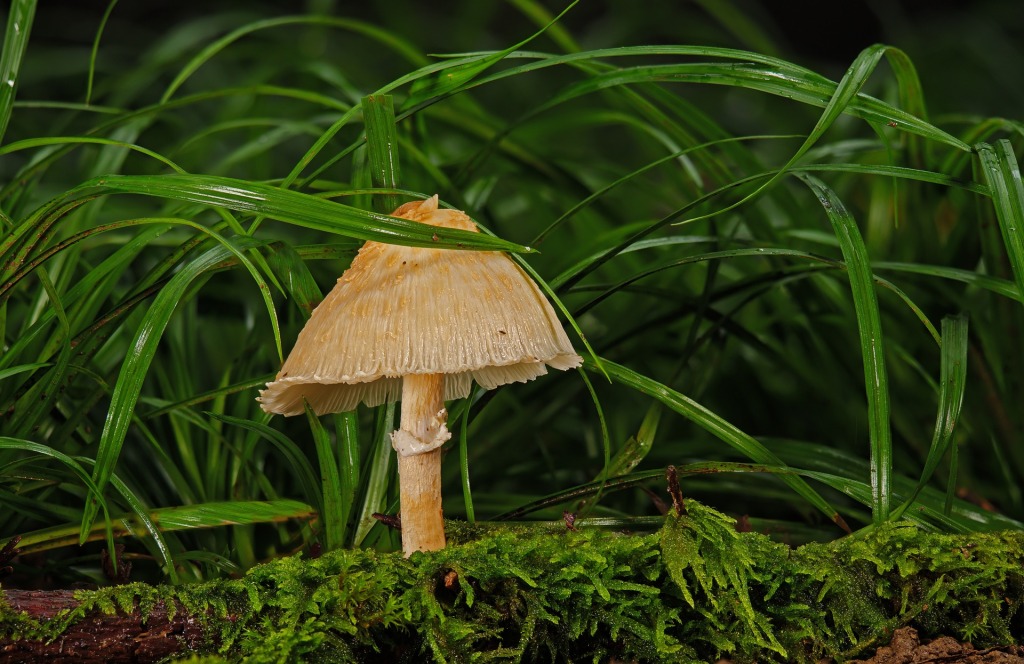
Frequently Asked Questions
Do you have more questions about Mycelium and its ability to revolutionize the sustainability movement? Here are some answers to the most frequently asked questions.
Will adopting innovations in mycelium technology change how businesses operate?
Innovations in mycelium technology will undoubtedly disrupt industries that rely heavily on non-sustainable materials such as plastics or even leather goods. However, there’s no doubt that opportunities exist for pioneers that embrace this new direction toward a greener future.
Can mycelium-based products be recycled or composted after use?
Yes! The beauty of using natural products like mycelium is that they are 100% compostable after use, which greatly reduces waste from landfills compared to plastic alternatives.
How is mycelium technology being used in the fashion industry?
Innovations in mycelium technology have led to the creation of eco-friendly leather-like material made from mushroom roots which can be used as an alternative to animal leather. This reduces the environmental impact associated with animal farming while still providing a high-quality product.
Can mycelium-based products replace all plastic products?
While mycelium-based products offer a sustainable alternative, it may not be realistic or feasible for them to completely replace all plastic products at this time. However, incorporating these alternatives into more aspects of daily life can greatly reduce our reliance on single-use plastics and contribute towards building a more sustainable future.
How can we promote awareness about adopting innovations like mycelium technology in our communities?
Promoting awareness about innovative technologies like Mycelium starts with educating people about its benefits via social media platforms, and attending trade shows & exhibits showcasing different innovations available today where attendees get first-hand experience/interaction with new developments happening around us every day!
Embracing the Future: Adopting Mycelium Technology for Sustainability
Mycelium technology has immense potential for widespread adoption due to its sustainable and eco-friendly properties. Research and development are constantly evolving, providing new opportunities for sustainable solutions.
The low-cost nature of mycelium production also makes it an appealing solution, particularly as industries strive towards more circular economies and sustainable practices. With advancements in research and development, we can expect mycelium technology to play a significant role in combating environmental issues while creating innovative solutions that benefit society as a whole.
The potential benefits of this technology are immense, from reducing waste and pollution to creating low-cost alternatives that are kinder to our planet. With advancements in research and development leading the way forward, it’s clear that mycelium technology could be one of the keys to unlocking a greener future. Let’s embrace this innovative approach and work towards creating a more sustainable world for all!

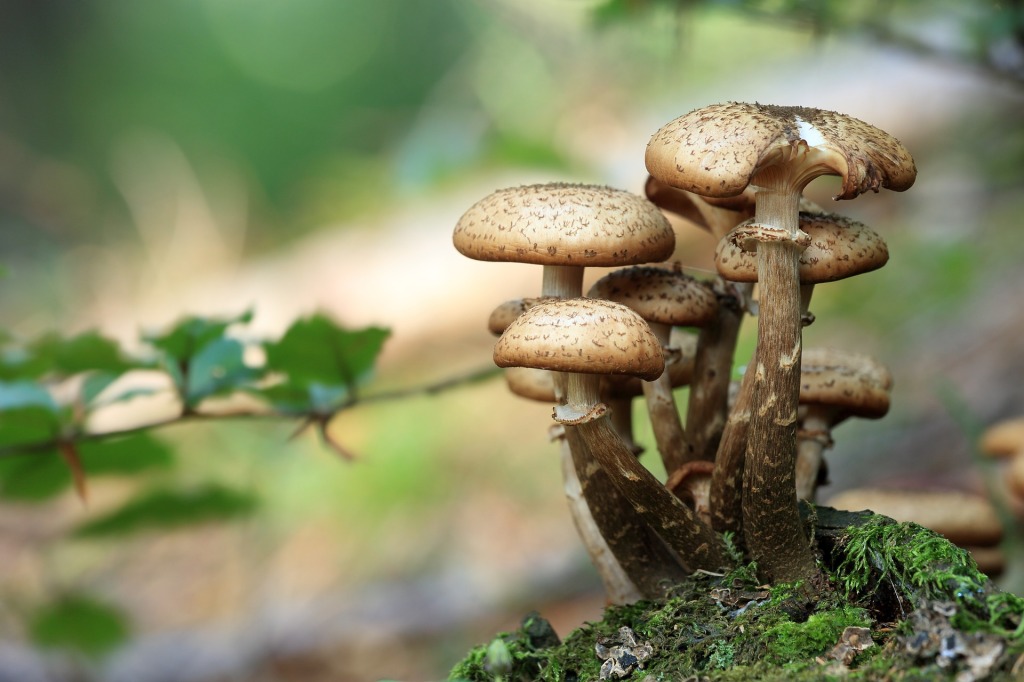
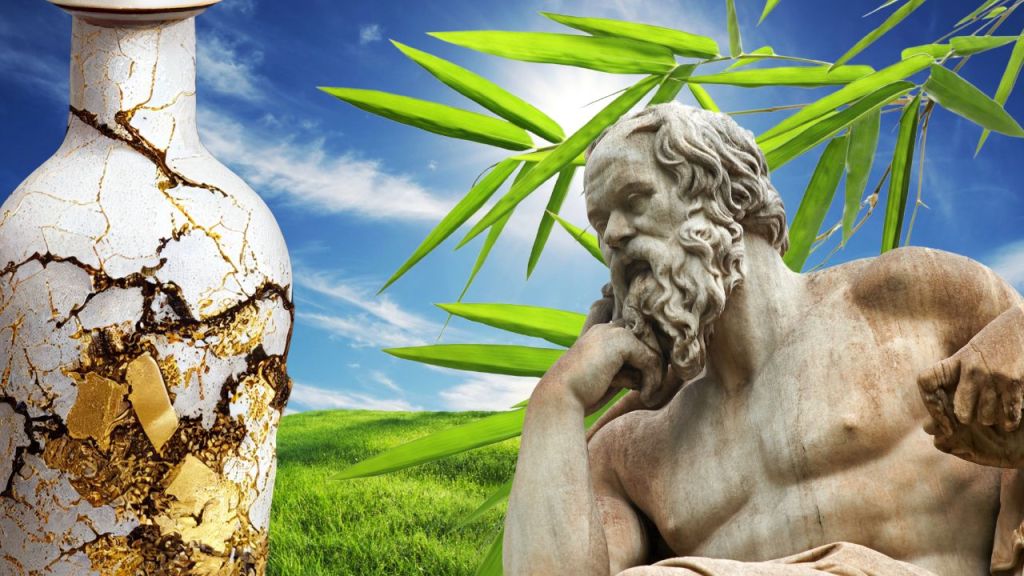

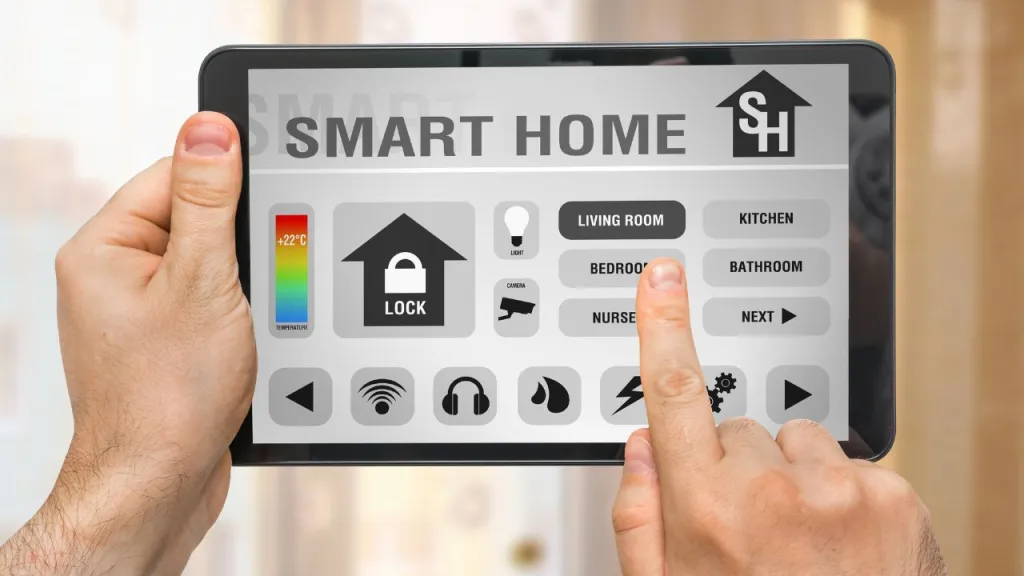

Leave a comment